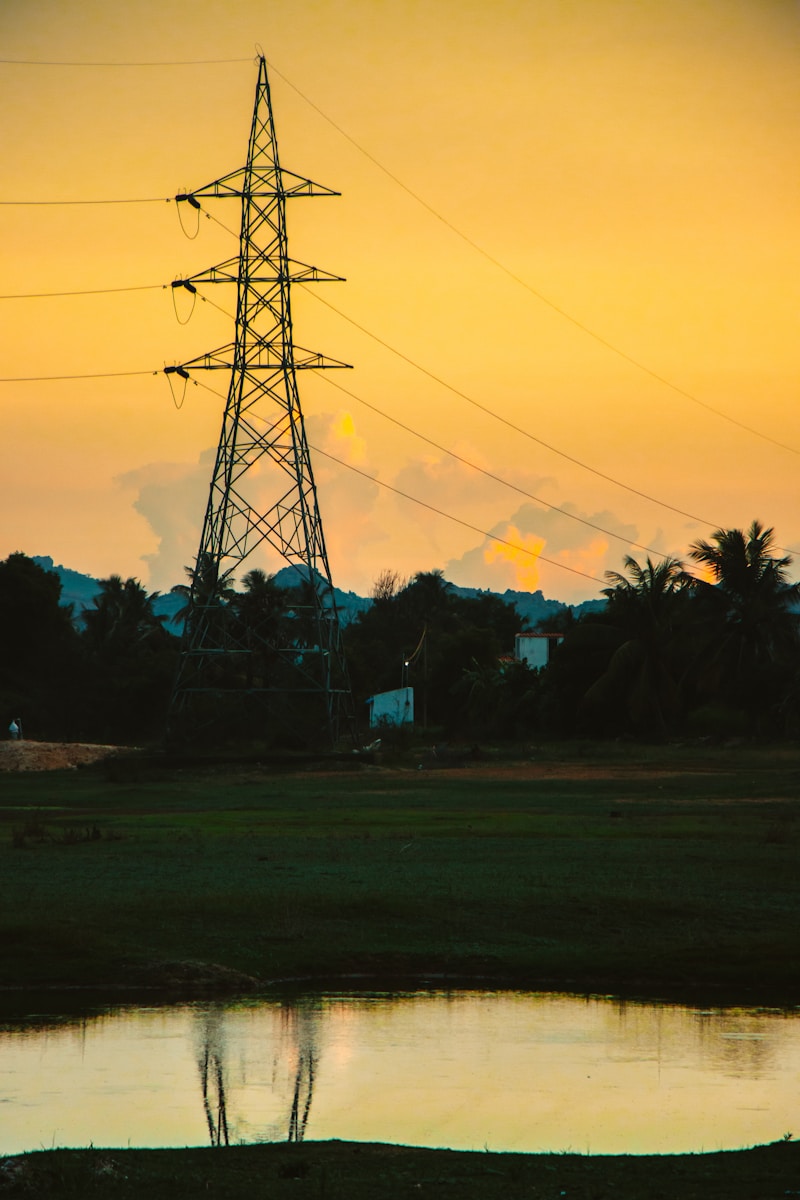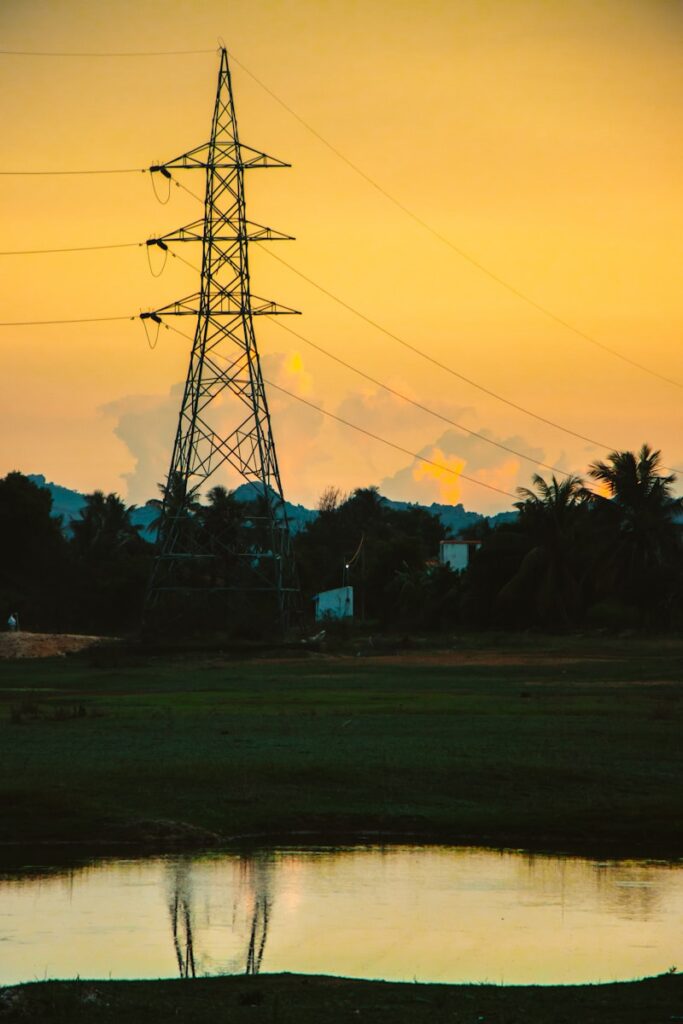
Africa Needs Regulation for Capital Attraction
By
Branko Terzic
A visiting delegation from Africa once asked me to discuss how regulation can attract private capital for new infrastructure investment. This group was particularly interested in energy infrastructure such as electric power, natural gas pipelines and distribution systems and LNG facilities. Considering the infrastructure situation in Africa with electric power, for example, it has been reported that while 72% of people in sub-Saharan Africa have access to mobile telephone services only 27% have access to electric service to the residence.
The problem of lack of electric services cannot be due to resource constraints or technical issues. Consider that while 73% of citizens have no access to electric service, private mobile telephone operators have figured out how to provide electric power to their cell towers on 24 hour 365 days a year basis in the same communities.
One difference in the provision of electric service and mobile telephone service is that in most African countries electric service is a state enterprise monopoly while mobile telephone service has been introduced by private capital.
I have always believed that private capital could be drawn to African electric power and other infrastructure investment given the right regulatory environment. This requires first of all that African governments establish clear objectives, make the initial starting decisions and then establish effective regulatory regimes. The models for this are well established in the US and Europe and basic principles are known and can be applied.
Governments, including those in Africa, have multiple goals when deciding to restructure and privatize any segment of the economy. These goals include: protecting consumers from abuse by companies with large market power (monopoly/oligopoly), protecting investors from abuse by government and promoting economic efficiency. Adopting these goals also means that the government must early on: design a workable market model, establish of viable initial starting position for existing government owned enterprises and recognize any regional realities which would require separate treatments.
At the same time international investors have many options including whether to make investments in a particular: country, industry, individual company or invest in equity or debt instruments. Experience proves that if a government does not establish a credible regulatory system then private investment will not be attracted.
The objectives of a credible “public utility” regulatory system typically are to:
- Attract capital sufficient to build and adequate maintain service
- Insure service at reasonable prices to consumers
Such regulation is best done by regulators who are: themselves qualified in some field related to their industry, independent of ministerial or political party control, have adequate and predictable funding to be able to employ and train expert staff and engage outside consultants as warranted.
Once regulation is successfully established capital will be attracted to those countries with governance, regulatory and legal systems that results in regulatory decisions which provide for a:
- Transparent process with orders based on the law, science and facts
- Timely issuance of orders
- Balanced decisions
- Available appeal and judicial review process
- Stability in regulation
- Independence of political pressure
Experience during the 20th century in North America, European Union, Asia and Australia demonstrates that private capital is available to meet energy infrastructure requirements. But attracting private capital at reasonable cost requires good regulatory policy (law) and performance (administration). Fortunately the parameters of good regulation are known and knowable from this past century of international experience. With the right regulatory scheme Africa’s states can have the power and other new infrastructure the people need.
The Honorable Branko Terzic is a former Commissioner on the U.S. Federal Energy Regulatory Commission and State of Wisconsin Public Service Commission, in addition to energy industry experience was a US Army Reserve Foreign Area Officer ( FAO) for Eastern Europe (1979-1990). He hold a BS Engineering and honorary Doctor of Sciences in Engineering (h.c.) both from the University of Wisconsin- Milwaukee.
#BrankoTerzic #energy #regulations #experience #research #future #opportunity #strategy #management #people #electricity #power #utilities #renewables #RenewableEnergy #energysector #oilandgas #powergeneration #energyindustry #oilandgasindustry #sustainability #electricity #safety #africa #electrical

